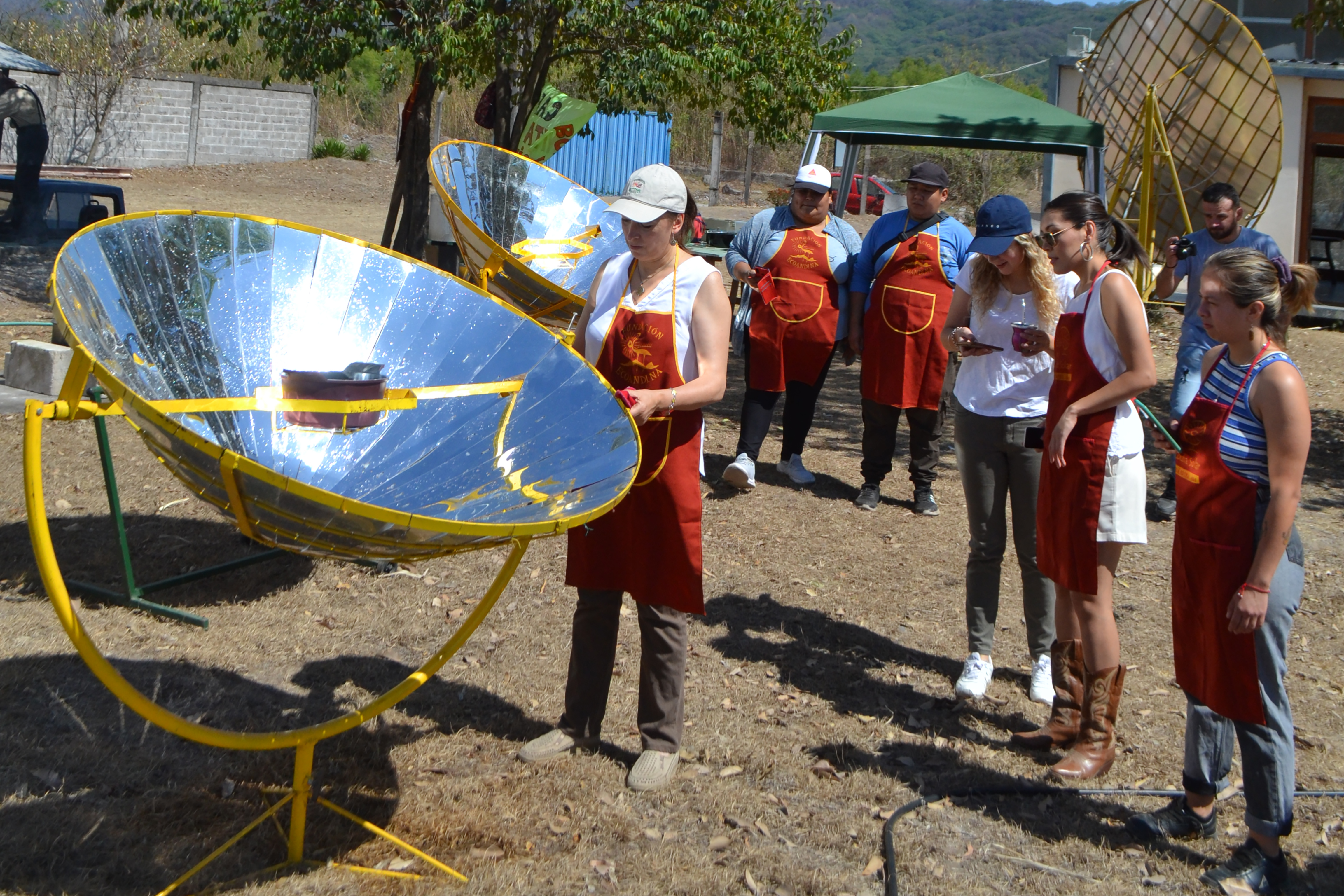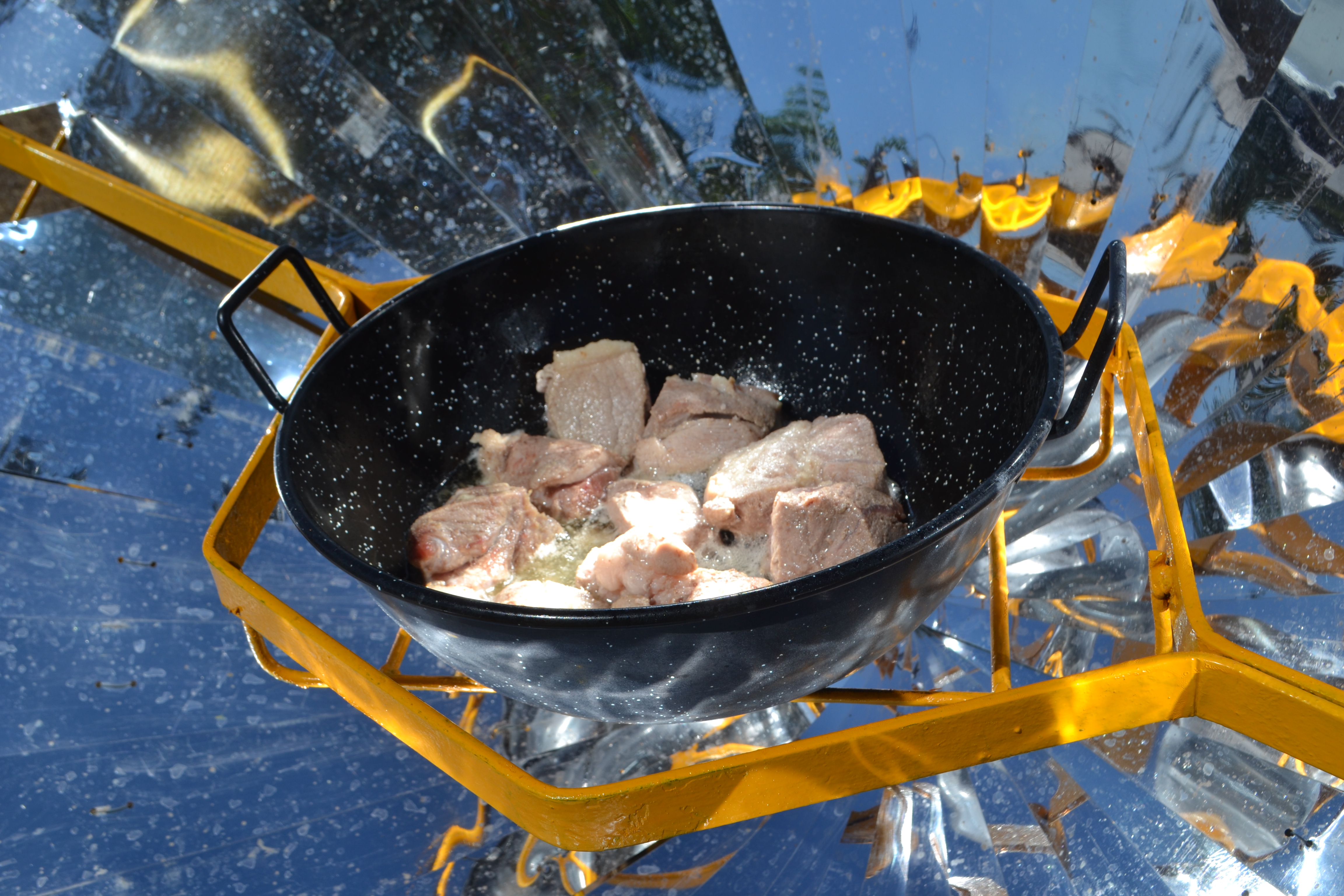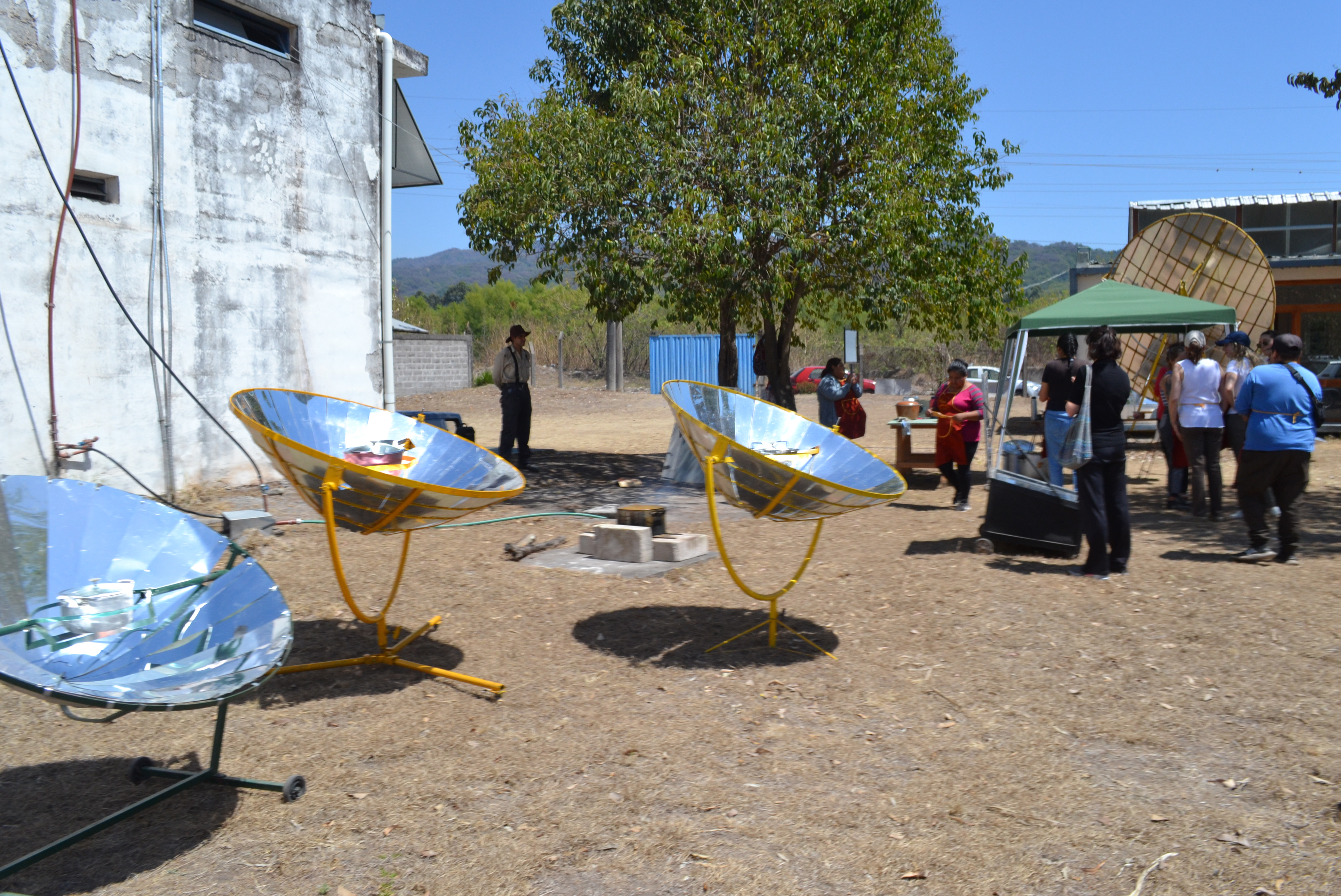San Salvador de Jujuy is the capital of the province of Jujuy, located in the extreme north of Argentina. It has a population of 260,438 inhabitants (2010 Census), a municipal area of 19.00 km² and an altitude of 1,237 meters above sea level. The Municipality has decentralization policies, Neighborhood Participation Centers, Community Integration Centers, Child Development Centers and Municipal Delegations to get to know the neighbors' problems from the inside and solve daily issues with planning and consensus.
There are about 2,500 community kitchens, many of them informal, and therefore do not have access to state aid or regular funding from civil society. These community kitchens are implemented due to the food urgency, due to the national economic situation that has a structural poverty -with 33.8% of poverty and 6.4% of indigence in Palpalá (INDEC, 2022)-, which excludes many families from the necessary resources for food self-sufficiency.
This proposal focuses on four (4) community kitchens located in the populous Alto Comedero Neighborhood, which is located about 10 km southeast of the city and is the largest and most populated of the urban conglomerate known as Gran San Salvador de Jujuy, concentrating one third of the total population of the municipality. Its high demographic growth is due to migration from Jujuy, Salta, Bolivia, Chile and Peru. Originally, "Alto Comedero" was a high rural, suburban area, used as a grazing area for cattle, horses and pigs. At the beginning of the 1980s, the area began to be populated spontaneously by low-income families from different areas of the province who sought to settle near San Salvador de Jujuy and Palpalá to improve their working and social conditions. The neighborhood had its urban beginnings in 1986, due to a plan of the then governor to build social housing in order to organize and improve the living conditions of the population.
In this context, when urgently creating a dining room, it is difficult to have enough knowledge for the system to work properly, nor the information on the most appropriate procedures. They are created with the energy resources that the self-convened group can obtain. In the most extreme cases, lacking the money to buy a gas stove, the cylinder and the corresponding fuel charge, the energy comes from cutting firewood from native trees near the neighborhoods.
The inefficient use of biomass, firewood transported to the canteens and the use of open fires, causes a great waste of vegetable resources and the generation of toxic fumes that cause respiratory diseases such as pulmonary fibrosis and eye problems, affecting the health of those who cook and attend the canteen (FAO and World Bank). They also have to cut and carry firewood, causing accidents and insect bites, such as scorpions and spiders.
Therefore, a comprehensive and long-term solution is proposed, allowing thousands of canteens to adopt more efficient procedures in the use of energy resources and, therefore, healthier food to deliver to the beneficiaries, families and vulnerable people who demand them due to the precarious national situation of the Argentine Republic.
Despite the fact that the Municipality brings relief to many canteens registered as formal through the regular delivery of meat, milk and vegetables, the supplies are not enough for all of them. Although the canteens could manage more food, not all of them know the links with food suppliers due to the lack of a procedure guide. On the other hand, the EcoAndina Foundation has been working for 25 years on the design and implementation of solar appliances with great success in reducing firewood or gas consumption by up to 85%. In previous years, the foundation provided solar artifacts to a community dining room, achieving this energy reduction, although at that time there was no work team that could accompany the dining room to implement a comprehensive transformation.




